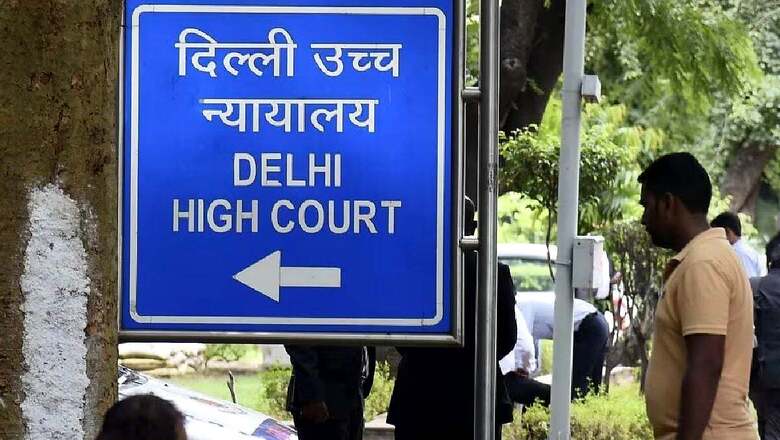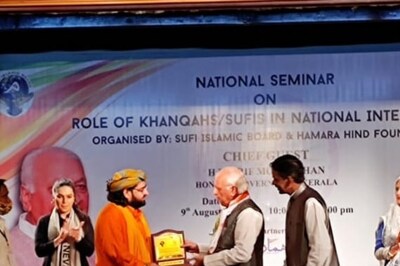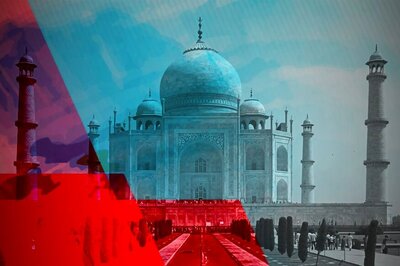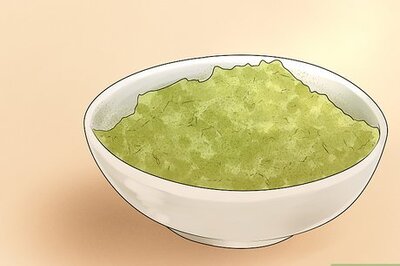
views
In a major development, the Delhi High Court on Monday overturned the conviction and sentence of former Member of Legislative Assembly (MLA) Satyendra Solanki in a case related to the murder of Inder Pal Dhaka on June 24, 1997.
A division bench headed by Justice Mukta Gupta and comprising Justice Poonam Bamba issued the orders while hearing a plea filed by Solanki challenging the 2019 judgment of a trial court.
“The prosecution has failed to establish its case beyond a reasonable doubt. Therefore, the conviction of the appellant for the offenses punishable under Sections 302/307 IPC cannot be sustained. The impugned judgment of conviction and order on sentence is accordingly set aside,” stated the bench in its verdict.
During the judgment, the court took note of the post-mortem report, which revealed 17 gunshot injuries consisting of entry and exit wounds on the deceased’s body, suggesting significant blood loss. However, contradictory statements in the cross-examination indicated there was not much blood oozing out from the body of the deceased’s brother at the time.
“It is difficult to believe that a person who sustained indiscriminate gunshots and suffered 17 injuries would have minimal blood oozing from the wounds,” remarked the bench.
Satyendra Solanki, the former lawmaker, was represented by Senior Advocate K.K. Manan and Advocate Uditi Bali, while the Delhi Police was represented by APP Shubhi Gupta.
In 2019, Satender Solanki and his brother Harender Solanki were convicted by Delhi’s Patiala House Court for the offenses of murder (302 IPC) and attempted murder (307 IPC).
The case was originally registered at Civil Lines police station in Meerut, Uttar Pradesh, but it was later transferred to Delhi following the directions of the Supreme Court.
Solanki’s legal counsel, KK Manan and Uditi Bali, argued that the prosecution’s narrative was flawed, as there was no apparent motive for the killing, given that the assailant and the deceased were not acquainted with each other.
“My client is a victim of political rivalry,” asserted Mr. Manan before the Division Bench of the Delhi High Court.


















Comments
0 comment